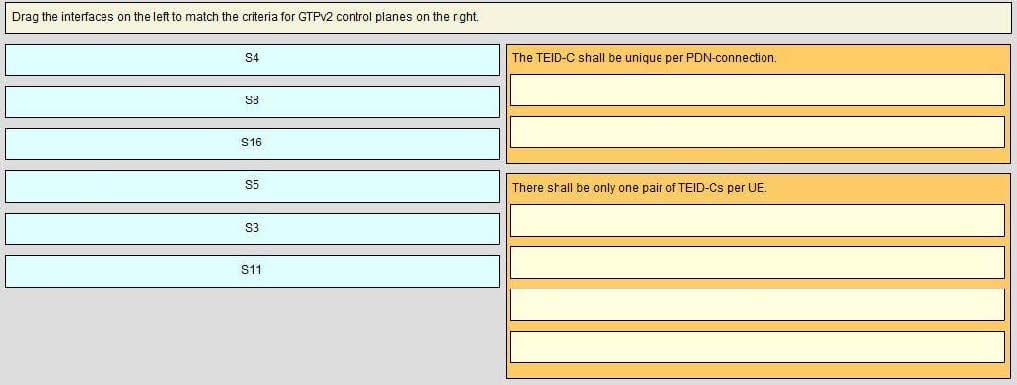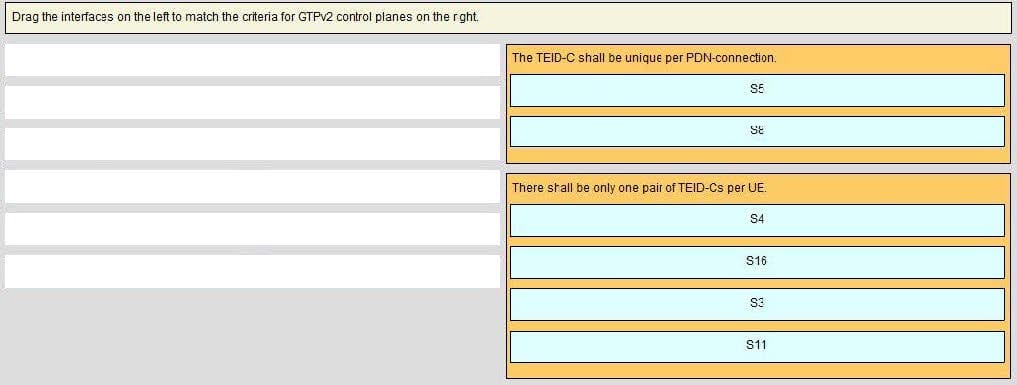600-210 Online Practice Questions and Answers
Which description of a smurf attack is true?
A. A smurf attack is an attack in which small TCP packets are sent toward a server from thousands of subscribers, which causes the server network buffer to overflow and drop packets and results in a denial of service.
B. A smurf attack is an attack in which the attacker sends ICMP echo request packets using a spoofed source IP address destined to remote network broadcast addresses, which results in all recipients replying back to the spoofed source IP address in an attempt to cause a denial of service to the targeted spoofed IP address.
C. A smurf attack is an attack in which the attacker sends UDP echo packets using a spoofed source IP address destined to remote network broadcast addresses, which results in all recipients replying back to the spoofed source IP address in an attempt to cause a denial of service to the targeted spoofed IP address.
D. A smurf attack is an attack in which the attacker attempts to change the TCP MSS value to a small value for all TCP flows destined to the target device, which results in many small packets having to be processed by the target, which causes buffer overflows and denial of service.
In which three scenarios is a Create Session Request sent to the SGW? (Choose three.)
A. Gn/Gp SGSN to S4 SGSN routing area update
B. Gn/Gp SGSN to MME tracking area update procedure
C. UE requested PDN connectivity
D. UE triggered service request
E. ready to STANDBY transition within the network
F. network triggered service request procedure
In which two ways does SGSN detect and know when GGSN has restarted? (Choose two.)
A. change in recovery value in echo response
B. change in recovery value in PDU notification request from GGSN to SGSN
C. change in recovery value in Update PDP Context Request from GGSN to SGSN
D. when the sequence number in a response message is different from that of the request message
E. when the TEID value in response in GTP header is different from that of the request message
Which two functions does the SGSN perform? (Choose two.)
A. mobility management
B. charging
C. dynamic IP address allocation to a subscriber
D. dynamic policy control
E. deep packet inspection
Which two options are benefits of Port Resource Pooling? (Choose two.)
A. allows for increased number of network-requested PDP activations
B. reduces the number of GGSN initiated deactivate procedure
C. provides resiliency
D. reduces the signaling towards the SMSC
E. reduces the number of inter-SGSN RAU procedures
How does an S4-SGSN identify a peer node as an SGSN or MME when GUTI-to-RAI mapping is unavailable?
A. MSB of the LAC value
B. MSB of the RAC value
C. LSB of the LAC value
D. LSB of RAC value
Which action does an S4-SGSN take when it receives a secondary PDP context request from the UE?
A. A bearer resource command is sent to the SGW.
B. A create bearer request is sent to the SGW.
C. A create session request is sent to the SGW.
D. A create PDP context request is sent to the SGW.





